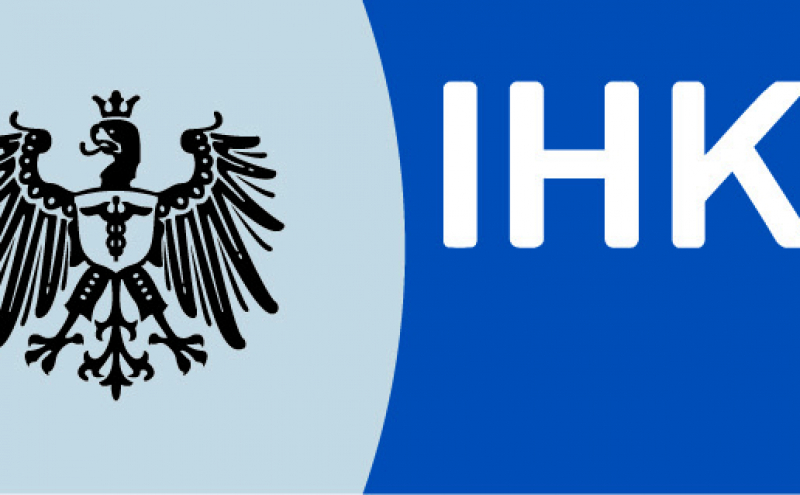Foto: alfa27 - stock.adobe.com
Cross-cultural issues, setting up a business, holding meetings
Many newcomers to Frankfurt Rhine-Main are attracted by the countless business opportunities or are posted here by their companies. Understanding the business culture of Germany is, therefore, something essential to both career success and enjoying life in general here.
THE WORKING DAY
You may already be aware that Germans are not the workaholics of popular legend: an eight-hour day is much more the exception than the rule in this country where the average work week only runs to 37.7 hours. Nevertheless, while they are at work, people here are generally expected to really work. Rarely will you find German colleagues taking long lunch hours and chatting casually with office colleagues. For example, the typical working day in Germany starts earlier than in most countries – and ends earlier. Don´t be too shocked if your company expects you to start at the ungodly hour of 7.30 a.m., though an 8.30 a.m. start is probably more common.
At the other end of this early-bird arrangement lies the good news: You’ll ordinarily get off at a time which many staff around the world would consider mid-afternoon. Depending on the length of the lunch break, you and your colleagues may be heading home as early as 4.00 p.m. or 4.30 p.m., while 5.00 p.m. is a common time for the office exodus.
By the way, the German lunch break is usually just that … a 30-minute break during which colleagues collectively head over to the company cafeteria. Most large companies offer subsidized meals for their employees and provide a hearty three-course lunch. Indeed, many employees consider it to be their major meal of the day.
With such a schedule, it is a hit-or-miss proposition whether you will reach someone at the office after 4.30 p.m., so any important business should be taken care of well before this time. Furthermore, this last call for any business should be cut by at least an hour on Fridays, when most workers avail themselves of the opportunity to extend their weekend into most of Friday afternoon.
Perhaps it is because the workday ends earlier than in the Anglo-Saxon business world that more often than not, your German colleagues will head straight home at the end of the day and not be inclined to go out for a beer in the local pub.
Partner Portrait
Come. Grow. Shape your future.
The City of Raunheim is located in the centre of the Rhine-Main metropolitan region and thus also in the middle of Europe.

Partner Portrait
A Trusted Advisor on all Business Issues
The ultimate address for all economic matters – The rightful claim of CCI Frankfurt! They count as members more than 100,000 companies from industry, trade and the services sector.
Business contacts in Frankfurt Rhine-Main
One great way to make new friends and find your feet in life outside work: Become a member or involved in one of the countless business associations, volunteer in a non-profit organization or join a club.
Slow, Steady and Detailed
Germans have managed to maintain their reputation for high-quality work even under the pinch of shorter working time – because of their tradition of thoroughness.
Task-Masters and Problem-Solvers
Just as “thorough” is something of a mantra here, another word you will hear quite often is “Ordnung”, as in structure, or order.
Business Meetings
The issue of negotiations is probably a good place to look at the nature of business meetings in Germany.
German Corporate Structure
The basic German business structure is highly hierarchical with strongly defined roles. Responsibility within a firm is clearly defined.
Small Stuff Counts, Big-Time
An adjunct of this “the good of the group” mindset is that punctuality is quite important in Germany.









